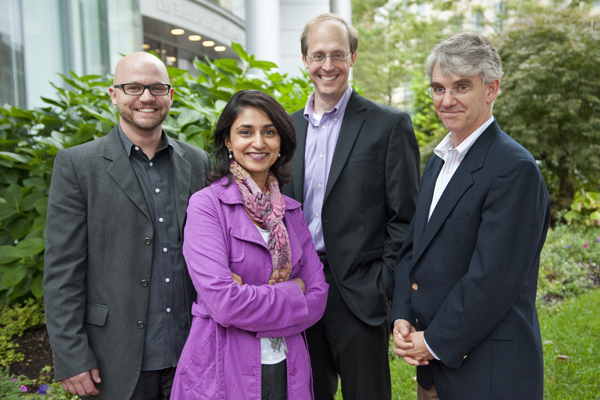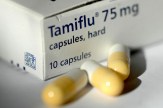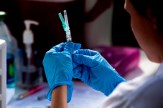Technology to improve health care

Personal health technologies amount to more than just your smartphone apps. A group of Northeastern researchers, who are leading a new doctoral program at the university, hope these technologies will save the health-care system.
The innovative Personal Health Informatics program—the first of its kind in the nation—will prepare students from both the health and computer sciences fields to lead research and development of new technologies to transform health-care delivery around the globe.
“Scientific innovation in health care is a national imperative and one of Northeastern’s research priorities,” said Stephen W. Director, provost and senior vice president for academic affairs. “A critical piece of our efforts is developing Ph.D. programs that are anchored in multiple disciplines and aligned with the needs of both industry and society.”
With a growing elderly population, surging obesity rates and younger diagnoses of conditions like cancer, autism and HIV, people at all stages of life are flooding an already overwhelmed U.S. health-care system, according to Matthew Goodwin, professor of health sciences and computer and information sciences. Unfortunately, he explained, that system is based on a sick-patient model with no way to reimburse for wellness.
Along with Goodwin, the doctoral program is being led by: Stephen Intille and Rupal Patel, both associate professors in the Bouvé College of Health Sciences and College of Computer and Information Sciences; and Timothy Bickmore, associate professor in the College of Computer and Information Sciences.
The team says health-care technologies, which have traditionally targeted clinicians, have a great potential to prevent illness and promote wellness when placed in the hands of patients. And they believe these so-called “personal health informatics,” could be the key to solving the health-care crisis.
On Monday, the Northeastern community can get an up-close look at some of the technologies from university labs at Northeastern’s Open Lab Experience and Reception. The event, sponsored by the Office of the Provost, will run from 4-6 p.m. in the Raytheon Amphitheater in the Egan Research Center, and will feature interactive demos of technologies from Northeastern laboratories.
Current Northeastern student Stephen Flaherty spent a half-decade in the imaging department at Boston’s Beth Israel Medical Deaconess Center and had been searching for a doctoral program for a number of years. “Nothing fit my interests the way the PHI program does,” he said.
“Nearly all existing doctoral programs in health or medical informatics focus on the development and use of technologies used by physicians and other medical staff,” Intille said. “Most of the technologies are only used once people get sick.”
The technologies of PHI — which range from assistive technologies for children with autism to wellness-focused mobile apps — are “focused on helping patients take care of themselves,” Bickmore said.
The program includes faculty from six of the university’s nine colleges and schools, whose expertise includes human-computer interactions, data processing and measuring emotion, to name a few. These strengths, coupled with a commitment to training skilled health-care professionals, will enable the new program’s success, Patel said.
Northeastern’s commitment to transdisciplinary teaching and research,” Intille said, “make it an ideal environment in which to conduct research on the design and rigorous field evaluation of innovative personal health technologies that may lead to dramatic, positive changes in how people receive and manage their care.”





